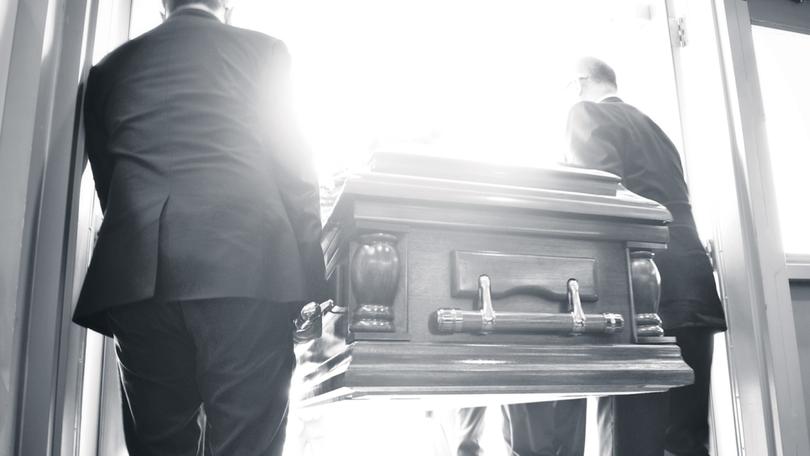Nick Bruining Q+A: Here’s how much ‘death tax’ your kids will pay on your superannuation ... and how to cut it
Q+A: Did you know your kids could be up for a 17 per cent ‘death tax’ when it’s time to divvy up your super once you’re gone? But there are ways to move it out of the taxman’s clutches. Here’s what to do ...

Question
I turn 75 next month and I’m hoping to reduce the 17 per cent “death tax” when my superannuation is paid to my estate.
I am looking at doing a withdrawal from my allocated pension, depositing it back into my accumulation account as an after-tax contribution and then starting a second allocated pension.
Sign up to The Nightly's newsletters.
Get the first look at the digital newspaper, curated daily stories and breaking headlines delivered to your inbox.
By continuing you agree to our Terms and Privacy Policy.Given my age, am I restricted to one year of non-concessional contributions or am I able to bring forward three years of contributions — with three times $120,000 to equal a $360,000 contribution?
Answer
The tax you refer to is not universal and only applies to that part of your superannuation known as the “taxable” component. The exempt part is always tax-free.
When the taxable component is payable to an individual who is not a financial dependent or interdependent of the deceased, it forms part of their taxable income. With offsets, the tax is effectively reduced to 15 per cent. The additional 2 per cent is the Medicare levy component and, in some cases, could actually be higher.
It can also affect other income-tested benefits such as paid parental leave, additional superannuation contributions tax and family tax benefits.
If, however, the super death benefit is payable to the estate instead of directly to the individuals concerned, the Medicare levy is completely avoided and, therefore, the effective tax rate is the per cent on the taxable component.
In almost all cases, distributions from the estate to the beneficiaries are non-assessable. The recontribution strategy you refer to reduces the taxable component and increases the exempt part.
You can make use of the full $360,000 bring-forward concession provided you satisfy all of the conditions. This includes being under 75 years of age at the time you make the contribution, within the past three years you have not previously made a non-concessional contribution and your total superannuation balance as of June 30, 2024 is less than $1.66 million.
If you can’t answer ‘yes’ to the last two points, the amount you can contribute will be reduced.
Finally, you don’t necessarily need to operate two separate account-based pensions. The old ABP could be combined with the new super contribution and a new “consolidated” ABP commenced.
Question
I am a 43-year-old single woman. My home is a one-bed unit close to the CBD worth around $250,000, which I own outright. I have no debts, have a good and stable income and am saving about $2000 a month.
I would like to buy a more modern and slightly larger home. Realistically, I can’t afford to borrow more than $400,000.
Is it a good strategy to take out a loan to buy an investment property, tenant it for a few years and contribute an extra $1500 into the mortgage each month to reduce the debt as much as possible?
After a few years, the investment property would then become my main place of residence and the mortgage would have reduced considerably.
What do you think of this approach?
Answer
This is a sound strategy and one often suggested by financial planners. The key here is to buy the right property and to think well ahead.
As there are no immediate plans to occupy, you might give greater consideration to how you want to live in the future, rather than how the property is presented, its growth potential or the expected rental income. In essence, this becomes a lifestyle and location issue, rather than an investment strategy.
Fortunately, you have plenty of time to research and wait for the right property to become available, all while increasing your deposit.
This may provide greater choice of properties and would keep the mortgage to a level that ensures full repayment by retirement.
One final point, when the new property is eventually sold many years in the future, the time it was used for investment purposes will be subject to capital gains tax, with the portion when it becomes your primary dwelling exempt.
Nick Bruining is an independent financial adviser and a member of the Certified Independent Financial Advisers Association

